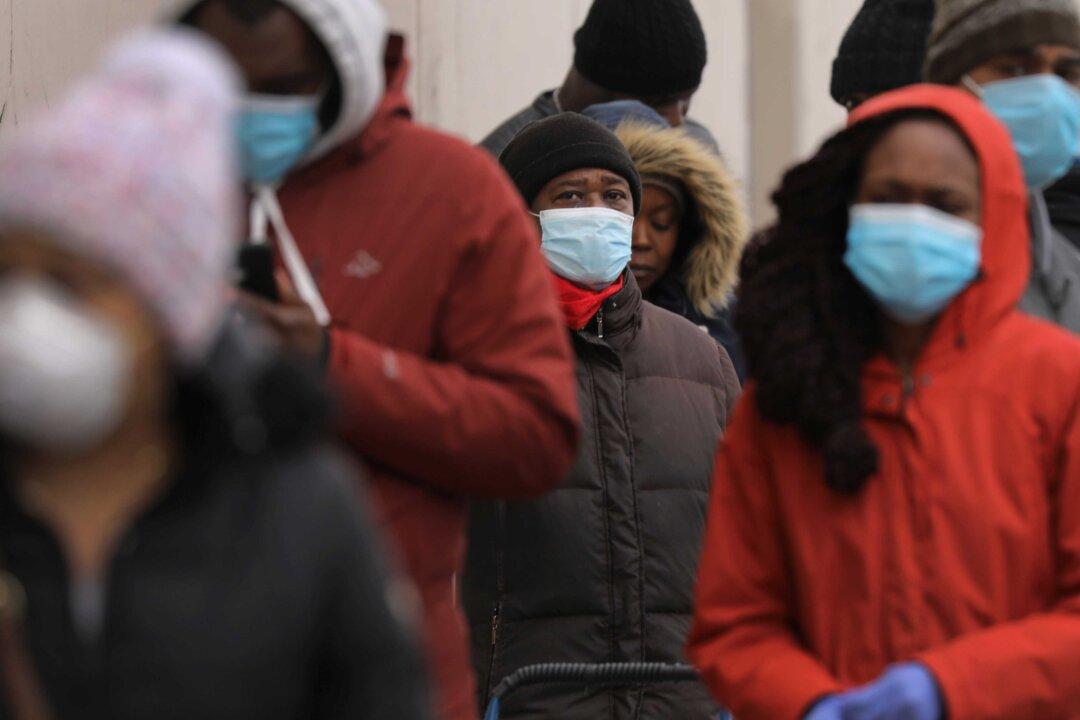Commentary
Citizens of Western democracies have grown wearily accustomed to a climate of global ideological division, so it’s hard to imagine being permitted to weather this pandemic in a comforting spirit of national solidarity.

Citizens of Western democracies have grown wearily accustomed to a climate of global ideological division, so it’s hard to imagine being permitted to weather this pandemic in a comforting spirit of national solidarity.